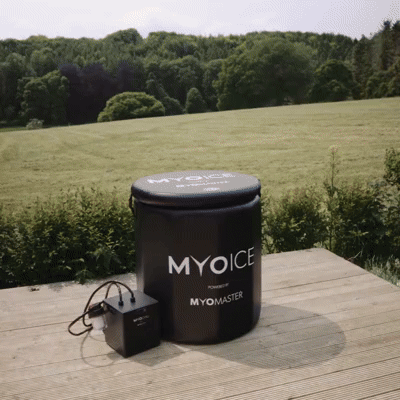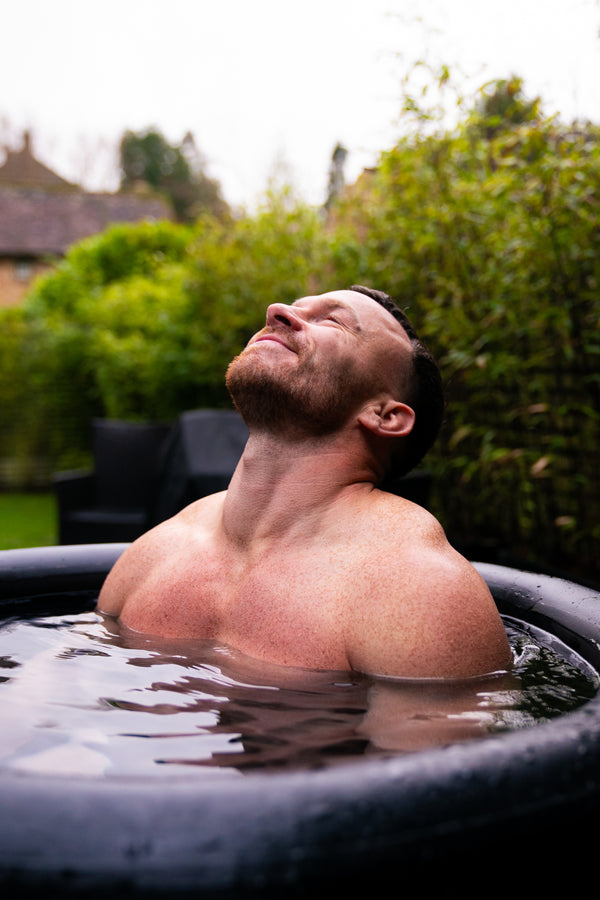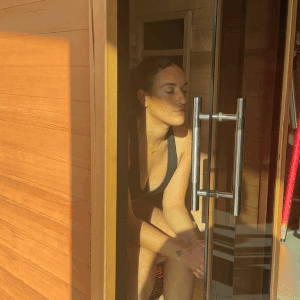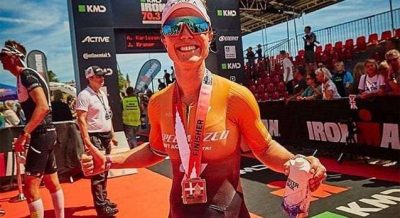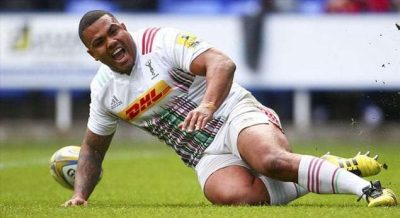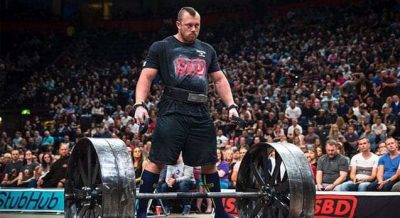If there’s anyone that goes all in, it’s Spartan athletes. But how do you recover after such intense training and racing conditions whilst always pushing the limits of your performance? We caught up with three of the community’s shining stars, to find out how you recover like a Spartan.
Natasha Mansell - @natasha_mustaclemachine
Natasha only started running in 2017, but she has already made a big impression on the Spartan community. Her favourite memory is competing in the European Championships in Dolomites, Italy. “I came 6th on the first day, but decided to run again the next day, as I really enjoyed the course and wanted to take in the scenery - and I ended up winning!”
Over the last 3 years, Natasha has come to understand her body’s needs intuitively - she now knows just how crucial recovery is to her performance. “I've learned that your recovery is actually when you adapt. You're breaking yourself down during training, but without that recovery, you're just pushing yourself backwards.” As someone who is naturally flexible, Natasha found that pressure therapy optimises her muscle recovery better than just stretching, which is why MyoMaster tools have worked so well for her. “I’ve only been using the MyoPro a few weeks but it’s definitely made a difference to my recovery. It fits in with my everyday life so easily - I can even use it whilst I’m on calls working from home!”
But when it comes to rest and recovery, it’s not just the physical side of things that Natasha has in mind. “Mental resilience is really important. Being rested is the difference between my mind telling my body ‘you can do this’ or ‘you should give up.’” Sleep is integral to Natasha’s training approach, and helps her maintain that determined mindset. “I’m in bed every night at 9pm, because I get up at 5am. If I don’t get my 8 hours I get real brain fog - and then I don’t have that positivity going into training or racing.”
When it comes to nutrition, Natasha’s motto is ‘My body is an instrument, not an ornament’. “I eat for performance, I know what my body needs to work at its peak. The night before a race, it's always the same dinner- steak with a huge sweet potato. I also like to bake with protein powder - I make a great cheesecake which is perfect for post-race recovery!”
Natasha’s Top Recovery Tip: Go easy on your easy days - and leave your ego about pace at the door. If you go too hard on those sessions, you’re not actually going to get the best out of your training.
Luke De Benedictis - @lukedeben
Luke De Benedictis’s biggest Spartan achievement was coming second in the UK & Ireland series in 2018 and winning his first Spartan race in Ireland. But he knows he wouldn’t have achieved either without dedicating serious time to warm up and recovery. “I’m obsessed with warming up. I know it will make a difference to my performance and I’ll head out fresher - recovery is really important too.”
For Luke. stretching is essential for recovering his legs, but he also invests in equipment and tools - including the MyoPro - that help to optimise his recovery time. “ I’m a big fan of compression tights especially overnight during double race days, which are back to back over the weekend. I also like to use deep freeze and cold roll-ons - they are great post race and help to get rid of any swelling.”
But it’s not just on race day that Luke is looking after his body. Alongside his interval and endurance training, he dedicates time to mobility training, to improve his flexibility which can decrease chance of injury whilst increasing performance potential. “I focus on mobility as part of my general training programme and work on it about once a day. I love the mobility programmes on ROMWOD.” He also makes sue he is thinking about what he puts in to ihis body as well as what he does with it, “From a nutrition perspective I take amino acids and am very focused on consuming enough protein to give me the energy to get the most out of my training.”
Luke’s Top Recovery Tip: I use the MyoPro every evening to relieve pain, it really gets the blood flowing and eases stiffness. It’s also really easy to use on the sofa.
Natasha Cheung - @natashamlchung
Natasha Cheung is a former ballet dancer turned Spartan Ultra champion. Both her dance training and her time racing competitively with Spartan have taught her the importance of recovery.
“I think recovery is key for keeping you fit and healthy for a longer time. If you don’t put in the recovery time you’ll burn out or get injured. There is nothing worse than an injury holding you back from your goals.” Natasha has had a persistent ankle injury over the past ten years - something she is mindful of when she races. “I race with an ankle support and stretching before and after a race is crucial for me, I simply need to do it to keep my body healthy. I also walk for active recovery after a race. A lot of people stop doing everything which is not the best thing to do. You need to keep moving.”
Food is an important part of Natasha’s race day routine. She generally eats a carefully balanced diet, incorporating NGX protein, but ahead of a big training session or race she ensures she has a nourishing breakfast - even when travelling. “I always take breakfast with me, to make sure I have something to eat after a flight. I also like to eat rice before a race - it's something that works for me!” Post-race food is just as important - especially on Trifecta weekends when she has three races back to back. “It’s important to refuel between those races. A lot of people don’t do it because they don’t feel hungry, but if you don’t get this right you feel tired - it will hold you back”
Recently Natasha has incorporated the MyoLite into her race day routine, to take her recovery to the next level. ‘I fly all over the world for Spartan events - often just with a rucksack. Other massage guns were quite clunky, so I never used them, but I love how small the MyoLite is”
Natasha’s top recovery tip: Make sure that you timetable the recovery time. Be disciplined about doing it - don’t put it off.
